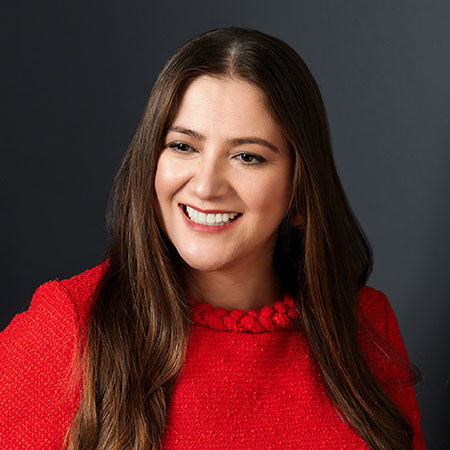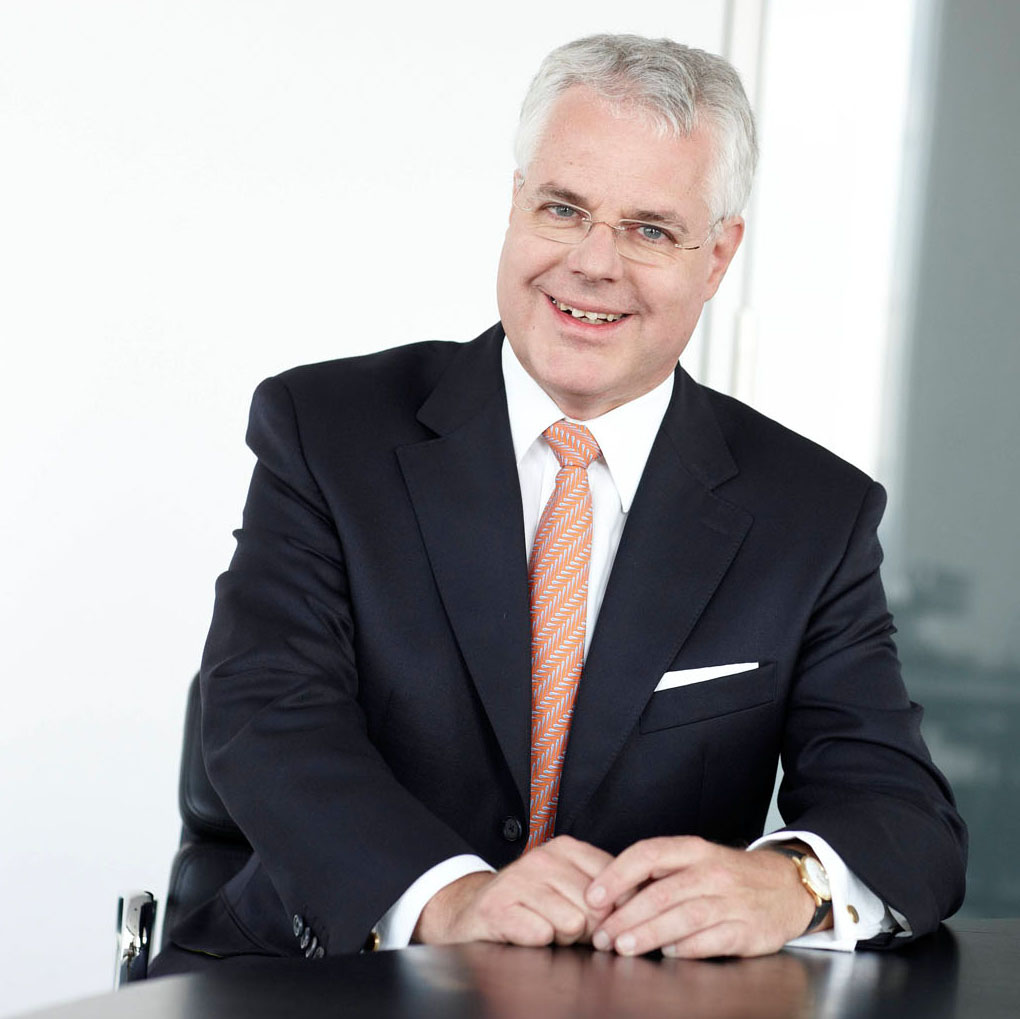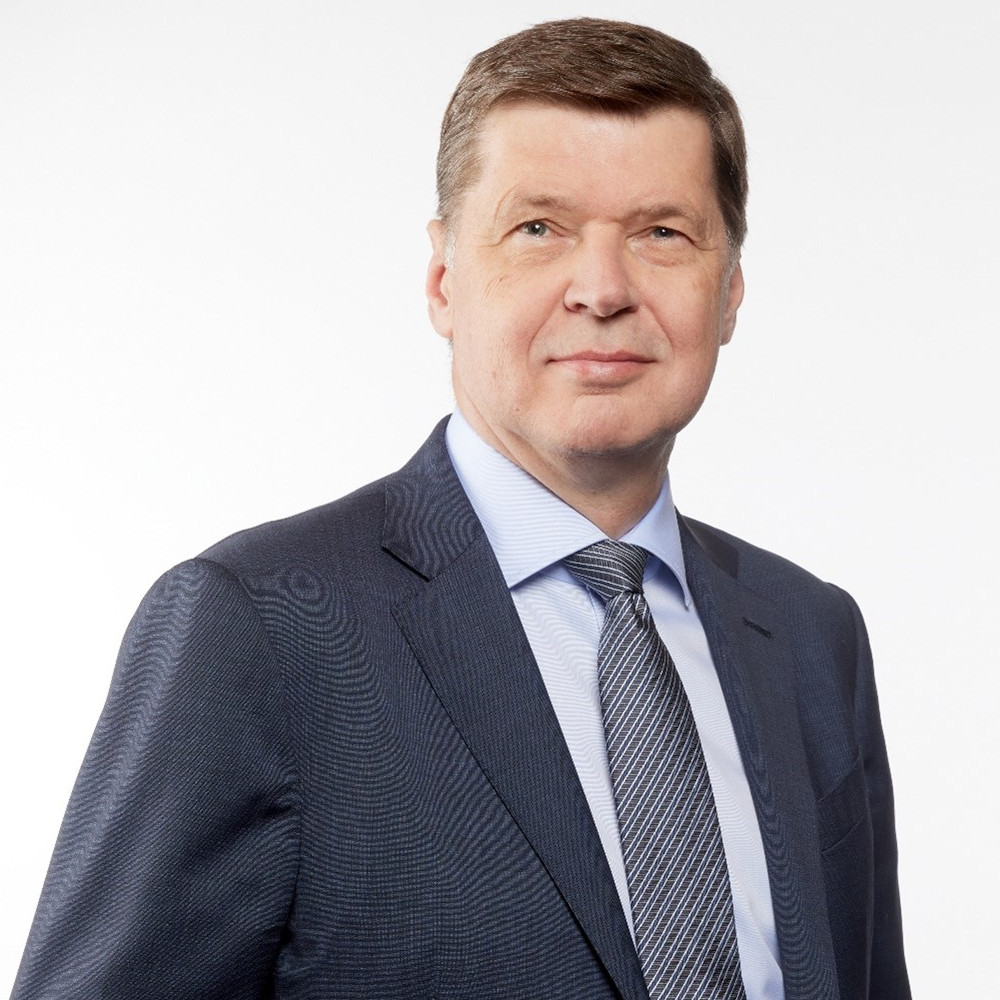The IEEE PowerTech 2025 conference, themed ‘Powering the Energy System Transformation’, aims to address the pressing challenges and opportunities associated with the global shift towards more sustainable and resilient energy systems. As the world increasingly turns to renewable energy sources, smart grids and innovative storage solutions, this conference will serve as a central platform for researchers, industry experts and policy makers to exchange ideas and foster collaboration. Through a mix of technical sessions, panel discussions and networking opportunities, PowerTech 2025 will explore the transformative potential of emerging technologies and innovative practices to drive the energy sector towards a greener and more sustainable future.
PowerTech is the flagship conference of the IEEE PES in Europe, providing a premier forum for researchers and engineers involved in electric power and energy engineering to share ideas and results. We welcome participants from both industry and academia to strengthen their collaboration and lead innovation in the energy world.
On behalf of the International Steering Committee and the Local Organizing Committee, we cordially invite you to attend in Kiel, Germany, the 16th IEEE PowerTech 2025, co-sponsored by IEEE Power & Energy Society (PES) and Kiel University from June 29th – July 3rd, 2025.
Keynote Speakers

Shay Bahramirad, PhD
Vice President of Transmission and Distribution Engineering, Pacific Gas & Electric Company (PGE)

Dr. Dr. Detlev Ruland
Gesellschaft für Großbatterie-Anlagen (GFGBA) mbh, Cologne

Dr. Thomas Vahlenkamp
Senior Partner at McKinsey & Company
Find more information about our keynote speakers here.
IEEE PES PowerTech Local Organizing Chairs
About Kiel University
Kiel University (CAU) is the only comprehensive university with a major focus on research in Schleswig-Holstein, the most northern state in Germany. With 27,000 students and more than 2,000 scientists, Kiel University offers a vibrant cross-disciplinary academic environment. The disciplines offered by its eight faculties are dynamically interlinked by numerous research projects. Especially Kiel University’s four priority research areas (KMS – Kiel Marine Science, KLS – Kiel Life Science, SECC – Societal and Cultural Change, KiNSIS – Kiel Nano Surface & Interface Science) enable close interdisciplinary collaboration between different research fields on shared core topics. Most of the research that is carried out at the CAU is financed using third-party funds, and the amount of funding acquired has increased continuously over the years. Around 800 research projects – in national and international partnerships or by individual researchers – are funded by DFG, the federal or state government, the EU and companies.
About the Chair of Power Electronics
The Chair of Power Electronics at Kiel University has been working successfully for more than 25 years on the development of reliable and efficient power electronics converters and their control design, both within scientific research activity and in cooperation with industrial partners. Here, the initial focus has mainly been the control of power electronic circuits and drives, but in recent years it has expanded its expertise also in the grid integration of power converter based systems. The Chair counts four modern laboratories with facilities for testing and analyzing power systems, power converters, high-speed electric-drives and battery storage systems in low and medium voltage using modern test methods such as power-hardware-in-the-loop. Since 2013 the Chair is headed by Prof. Marco Liserre, IEEE Fellow, and employs around 20 scientific staff and the institute currently collaborates with more than 15 companies. Recently, Kiel University and Fraunhofer ISIT joined the forces in ISIT@CAU where Prof. Marco Liserre joins as Director of the new Electronic Energy Systems Center and as Deputy Director of the Fraunhofer ISIT.
About IEEE and PES
What is IEEE?
The Institute of Electrical and Electronics Engineers (IEEE) – A world’s largest professional organization dedicated to promoting technology advancement for the benefit of humankind, boasting over 400,000 members across more than 160 countries. IEEE is a leading authority in fields such as electronics, electrical engineering, computer science, and related disciplines. IEEE offers a platform for its members to exchange research, create standards, and participate in professional development via conferences, publications, and educational programs. Its mission is to advance technological innovation and excellence to improve global society.
What is the IEEE Power & Energy Society?
The IEEE Power & Energy Society (PES) is the premier global forum for sharing technological advances in the electric power industry, developing standards for equipment and systems, and educating industry members and the public. Its scope encompasses all aspects of electrical power, from research and development to operation and control, ensuring the safe, sustainable and reliable use of electrical energy. By bringing together power and electrical engineers, academia and industry professionals, PES promotes engagement, education and collaboration to lead and advance the industry for the benefit of society through events, programmes and publications. The scope of IEEE PES revolves around research and development in the planning, design, and operation of power systems. This includes the safe, economical, sustainable, and reliable generation, transmission, and distribution of electrical power, as well as the measurement and control of electrical energy.


